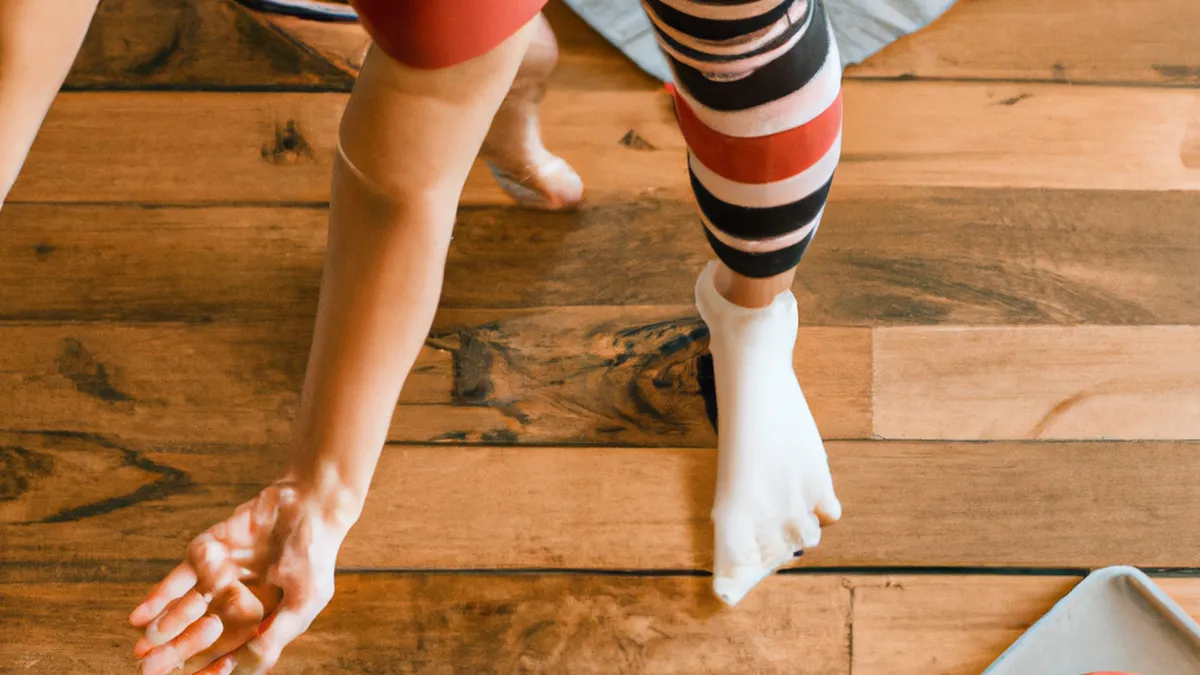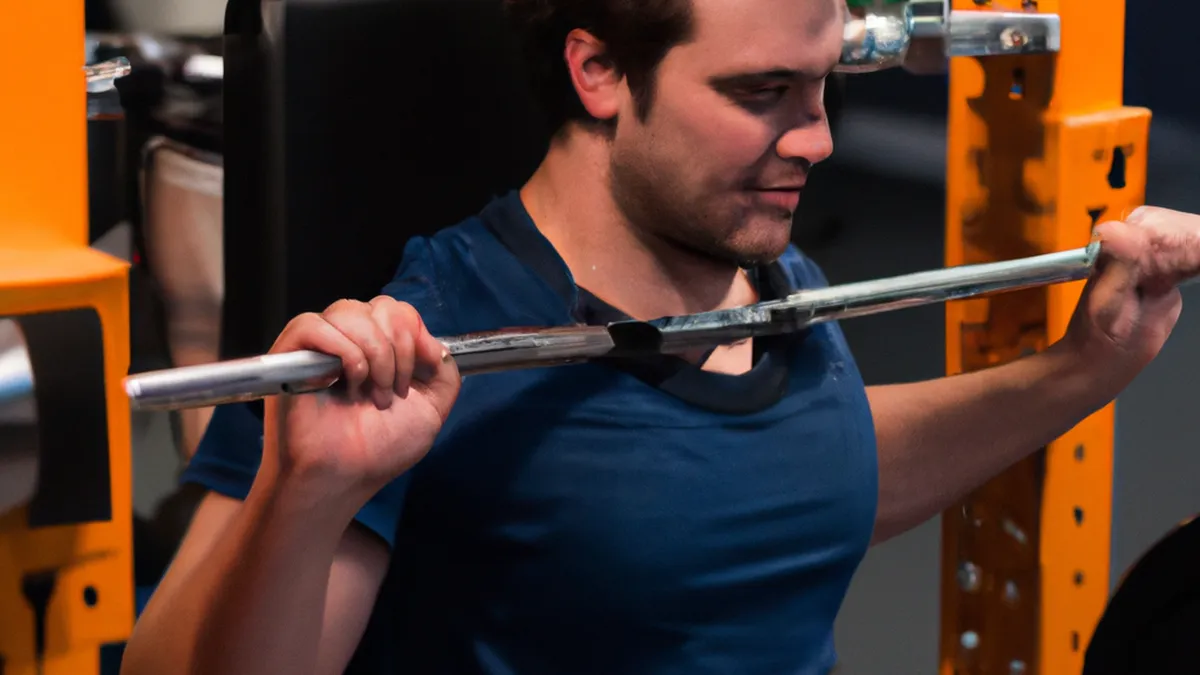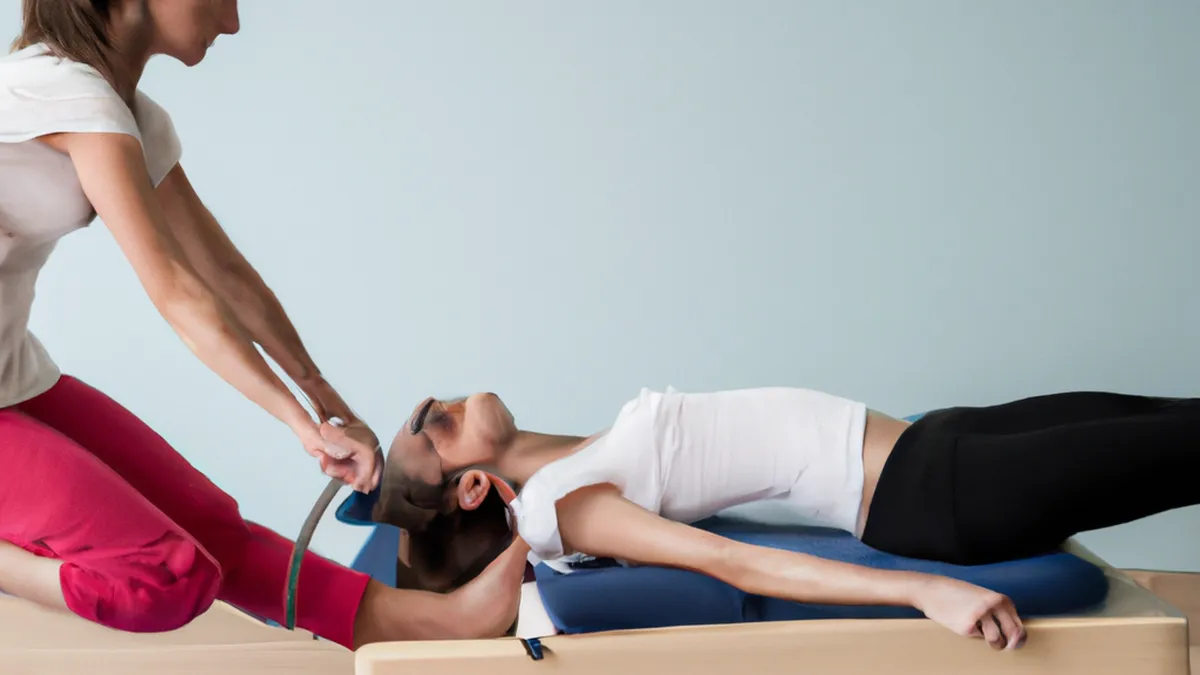Prioritize Nutrition Before Your Pilates Session
Pre-Pilates Nutrition: Fuel Your Body for Optimal Performance
As an Amazon Associate I earn from qualifying purchases.
Gear tip: consider foam roller, lacrosse ball and massage gun to support this workout.
Pilates enhances strength, flexibility, and overall wellness. To maximize performance, focus on your pre-session nutrition. Proper nutrition fuels your body and prepares you for a rewarding workout. Let’s optimize your pre-Pilates nutrition for the best results.
Understand Your Body’s Needs
Your body needs energy for peak performance. Before Pilates, understand what fuels your body. Your nutritional choices impact your performance significantly.
Carbohydrates are Key
Carbohydrates serve as the primary energy source for your muscles. They break down into glucose, powering your workouts. Choose complex carbohydrates for sustained energy. Whole grains, fruits, and vegetables work well. Oatmeal, brown rice, and bananas energize you effectively. These foods provide essential fuel, vitamins, and minerals.
Protein for Muscle Repair
Include protein in your pre-Pilates meal for benefits. Protein repairs and builds muscles, especially during challenging movements. It supports recovery during and after workouts. Opt for lean protein sources like chicken, turkey, tofu, Greek yogurt, or legumes. A small protein serving enhances endurance and performance.
Healthy Fats for Sustained Energy
Healthy fats also play a crucial role in pre-workout nutrition. Fats provide concentrated energy, especially during longer sessions. Incorporate healthy fats from avocados, nuts, seeds, and olive oil. A handful of almonds or a slice of avocado on whole-grain toast offers lasting energy without heaviness.
Timing Matters
When you eat before Pilates significantly affects your performance. Ideally, consume your pre-workout meal 30-90 minutes before class. This timing allows digestion and energy conversion. Eating too close to your session may cause sluggishness. Waiting too long may leave you hungry or fatigued.
Tips for Effective Pre-Pilates Nutrition
Here are practical tips to optimize your pre-Pilates nutrition:
1. **Choose Balanced Meals**: Combine carbohydrates, protein, and healthy fats. Whole-grain toast with avocado and an egg provides balanced nutrients for energy and muscle repair.
2. **Stay Hydrated**: Water is essential for optimal performance. Dehydration leads to fatigue and decreased concentration. Drink water throughout the day.
Conclusion
In summary, focus on balanced meals, hydration, and timing to enhance your pre-Pilates nutrition.
Below are related products based on this post:
FAQ
What should I eat before a Pilates session?
Before a Pilates session, focus on balanced meals that combine carbohydrates, protein, and healthy fats. Good options include whole-grain toast with avocado and an egg, or oatmeal with fruit and a small serving of nuts. These foods provide essential nutrients for energy and muscle repair.
How long before my Pilates class should I eat?
Ideally, you should consume your pre-workout meal 30-90 minutes before your Pilates class. This timing allows your body to digest the food and convert it into energy, helping you avoid sluggishness during your workout.
Why are carbohydrates important for Pilates?
Carbohydrates are crucial because they serve as the primary energy source for your muscles. They break down into glucose, which powers your workouts. Choosing complex carbohydrates, like whole grains, fruits, and vegetables, provides sustained energy for optimal performance.















Post Comment